Maintaining healthy blood sugar levels is essential for overall well-being.
Beyond conventional medical approaches, several natural remedies have been explored for their potential benefits in regulating blood sugar.
In this comprehensive guide, we will delve into various plant leaves that have been suggested to aid in blood sugar management.
It’s important to note that while these options show promise, they should not replace professional medical advice or treatment.
Mango Leaves: A Natural Ally for Blood Sugar Regulation

One intriguing avenue in the quest for natural blood sugar regulation is the use of mango leaves.
These leaves contain compounds that have been associated with potential improvements in insulin production and utilization.
A traditional method involves preparing a decoction by boiling either fresh or dried mango leaves and incorporating it into your regular routine.
Regular consumption of this decoction is believed to contribute to effective blood sugar management.
Aloe Vera Leaves: Unveiling the Potential for Improved Insulin Sensitivity
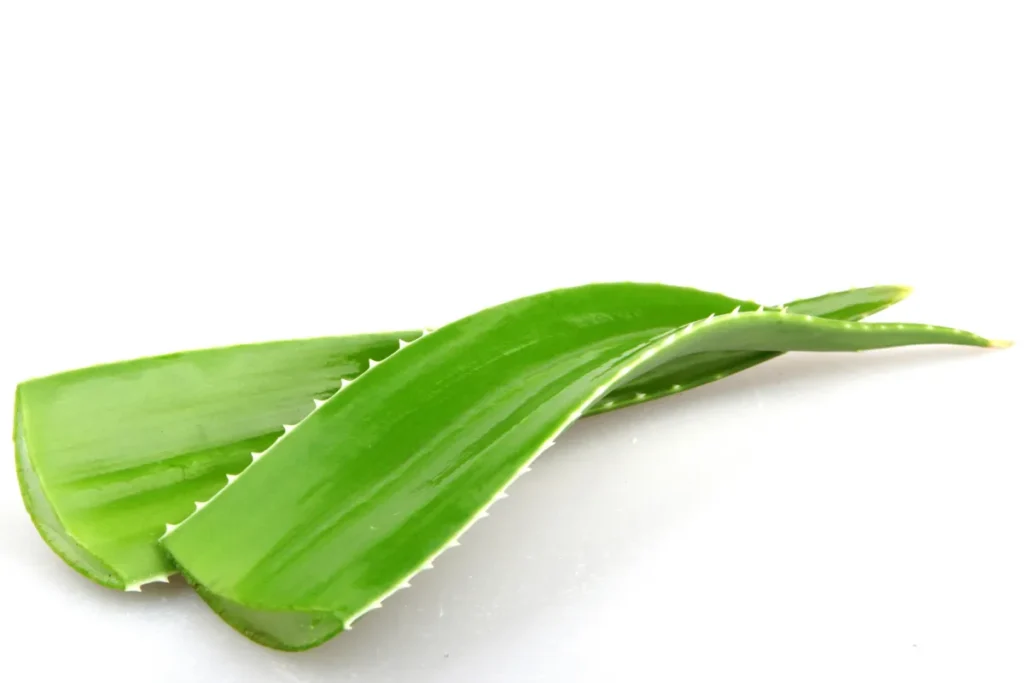
Aloe vera, well-known for its diverse health benefits, is another plant that has captured attention in the context of blood sugar regulation.
The gel extracted from aloe vera leaves has been studied for its potential positive impact on insulin sensitivity.
However, caution is advised, as aloe vera can interact with certain medications.
It is imperative to consult with a healthcare professional before introducing aloe vera into your daily regimen to ensure its compatibility with your individual health profile.
Cinnamon Bark: Adding Flavor to Blood Sugar Management
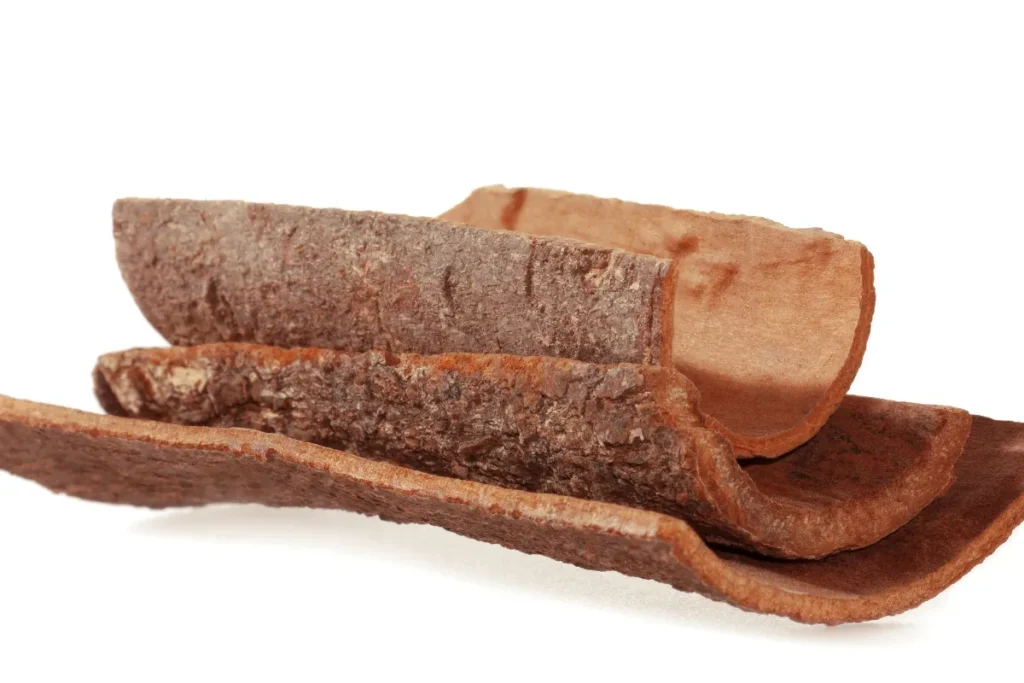
Cinnamon, a popular spice with a rich history in traditional medicine, has been investigated for its potential role in blood sugar regulation.
The active compound, cinnamaldehyde, is believed to influence insulin sensitivity.
Incorporating cinnamon into your diet, whether through sprinkling it on your morning oatmeal or adding it to your favorite recipes, may be a flavorful way to complement your blood sugar management efforts.
Fenugreek Seeds: Exploring the Seed of Blood Sugar Support
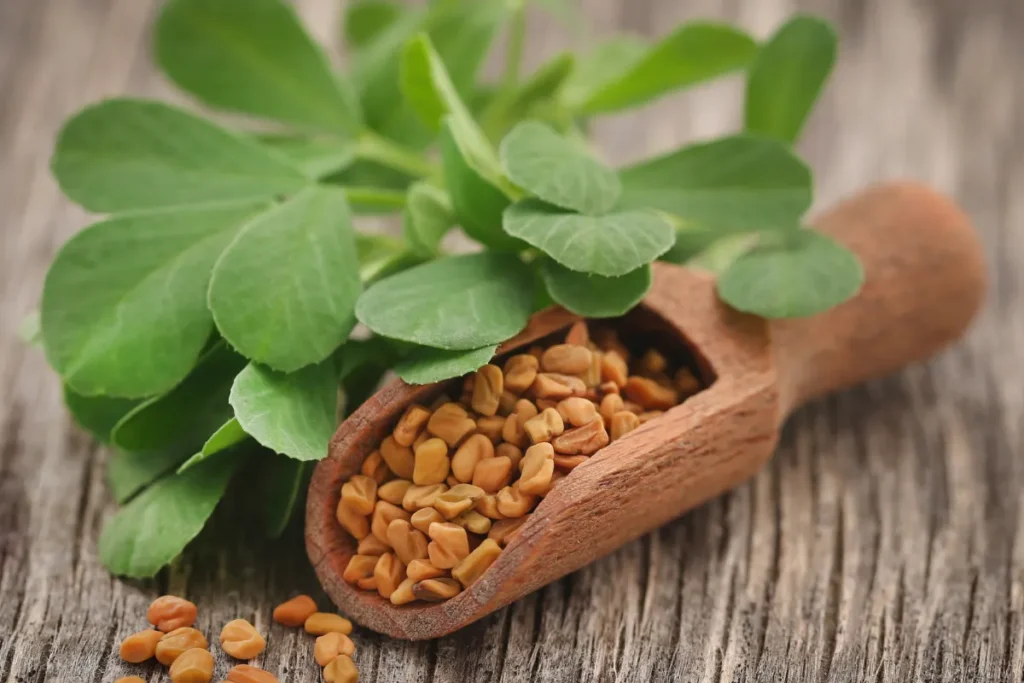
Fenugreek seeds have long been recognized for their potential health benefits, and recent research suggests a role in blood sugar management.
These seeds contain soluble fiber, which may contribute to improved blood sugar control.
Incorporating fenugreek seeds into your diet, either by adding them to dishes or creating a fenugreek tea, could be a simple yet impactful step towards supporting your blood sugar levels.
Holy Basil: The Sacred Herb with Potential Blood Sugar Benefits
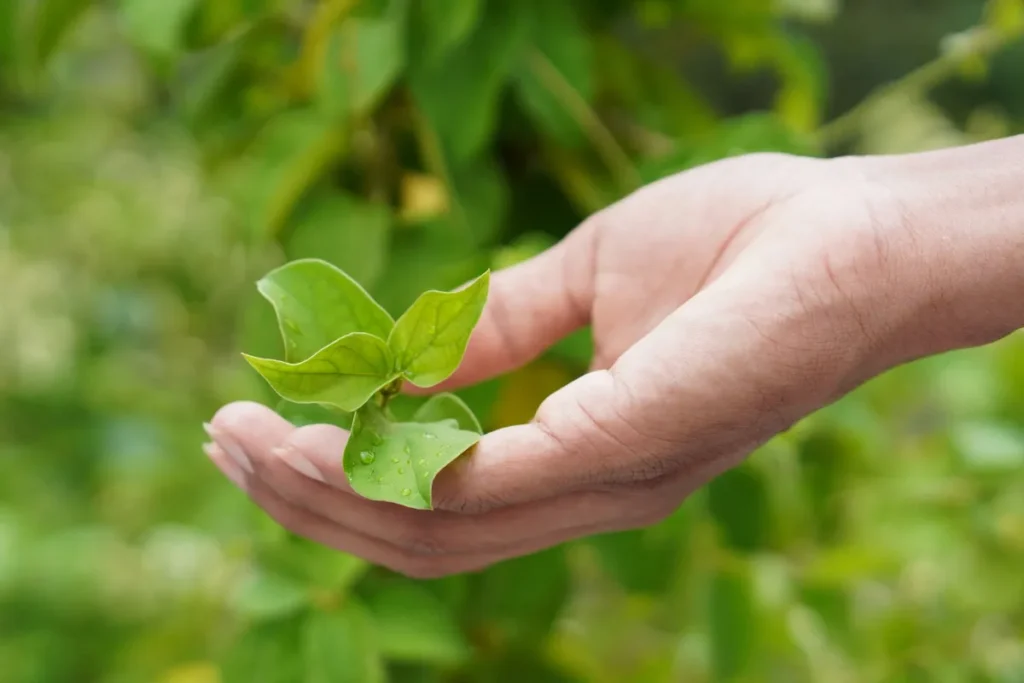
Holy Basil, also known as Tulsi, holds a revered place in traditional medicine.
Beyond its cultural significance, holy basil has been explored for its potential benefits in blood sugar management.
Compounds like eugenol and methyl eugenol found in holy basil are believed to play a role in enhancing insulin activity.
Whether consumed as a tea or used as a seasoning in culinary dishes, holy basil offers a fragrant and potentially beneficial addition to your blood sugar management strategy.
Ginger Root: A Spicy Twist to Blood Sugar Control
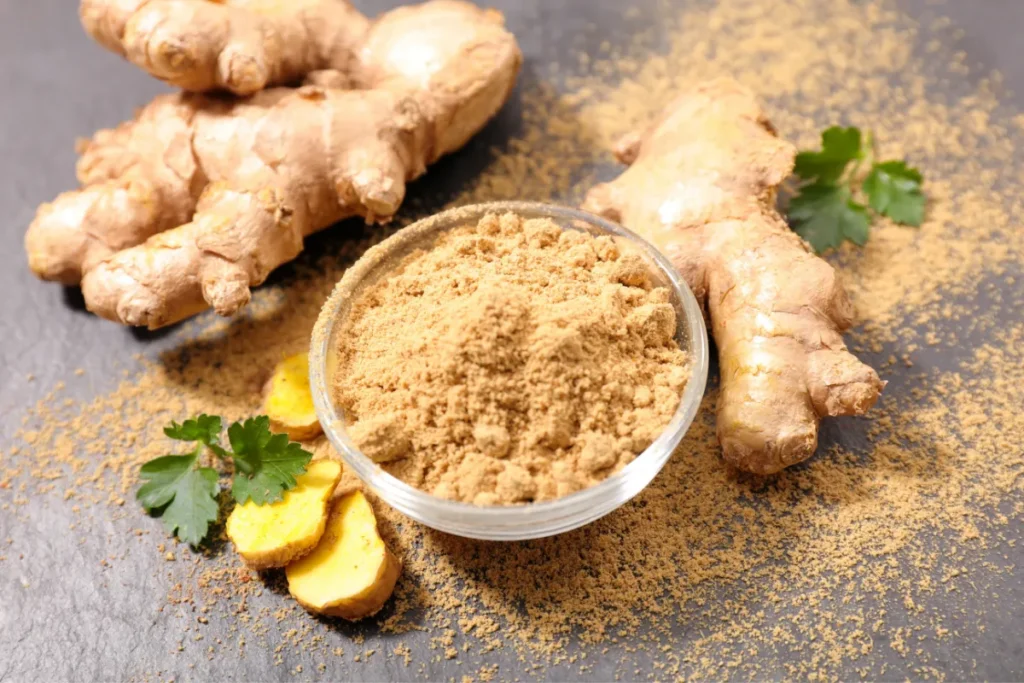
Ginger, celebrated for its anti-inflammatory properties, is another natural element that may contribute to blood sugar control.
Some studies suggest that ginger may enhance insulin sensitivity, making it a valuable addition to your dietary choices.
Incorporating fresh ginger into your meals, enjoying it as a tea, or even adding it to smoothies are creative ways to infuse this spice into your routine for potential blood sugar support.
Conclusion: Navigating Natural Avenues for Blood Sugar Management
In conclusion, exploring natural remedies for blood sugar management can be a complementary approach to conventional medical interventions.
While mango leaves, aloe vera, cinnamon, fenugreek seeds, holy basil, and ginger show promise in various studies, it’s crucial to emphasize that these should not be considered as standalone solutions.
They work best when integrated into a holistic approach that includes a balanced diet, regular exercise, and proper medical guidance.
It is essential to consult with a healthcare professional before making significant changes to your diet or lifestyle, especially if you have diabetes or concerns about your blood sugar levels.
Every individual’s health profile is unique, and what works for one person may not be suitable for another.
Natural remedies should be approached with mindfulness and in conjunction with evidence-based medical advice.
Final Thoughts: Embracing Holistic Health
As we navigate the vast landscape of blood sugar management, it’s evident that nature provides an array of potential allies.
From the leaves of the mango tree to the gel within aloe vera leaves, and the aromatic spices like cinnamon and ginger, each element offers a unique contribution to the intricate dance of blood sugar regulation.
However, it is crucial to approach these natural remedies with a balanced perspective.
While they may offer support, they are not a substitute for professional medical advice and treatment.
Integrating these elements into a broader framework that includes a nutritious diet, regular physical activity, and ongoing medical monitoring is key to fostering holistic health.
In the pursuit of well-being, embracing a diverse range of tools and strategies allows us to create a comprehensive approach to health that respects the complexity of the human body.
As research continues to unfold, our understanding of how these natural elements interact with our physiology will deepen, providing even more nuanced insights into the art of blood sugar management.
FAQ’s
Q 1: Which leaves are effective in maintaining blood sugar levels?
Maintaining blood sugar levels is crucial for overall health, and certain leaves have been found to be particularly beneficial.
Learn more about the seven leaves that can help regulate blood sugar and promote well-being.
Q 2: How do these leaves contribute to blood sugar management?
Understanding the mechanisms behind the effectiveness of specific leaves in regulating blood sugar is essential.
Explore the unique properties of each leaf and how they play a role in maintaining stable blood sugar levels.
Q 3: Can incorporating these leaves into my diet replace medication for diabetes?
While natural remedies can complement conventional treatments, it’s crucial to understand the limitations.
Discover whether these leaves can be a standalone solution or if they are best used in conjunction with prescribed medications for diabetes.
Q 4: Are there any side effects associated with using these leaves for blood sugar control?
Safety is paramount when considering alternative remedies.
Get insights into the potential side effects of incorporating these leaves into your diet and learn how to use them responsibly for optimal health benefits.
Q 5: How can I include these leaves in my daily routine?
Practical tips on incorporating these blood sugar-regulating leaves into your daily meals can make a significant difference.
Explore creative and delicious ways to make these leaves a regular part of your diet to support overall well-being.
By addressing these frequently asked questions, you can provide valuable information to your readers about using specific leaves to maintain blood sugar levels effectively.

